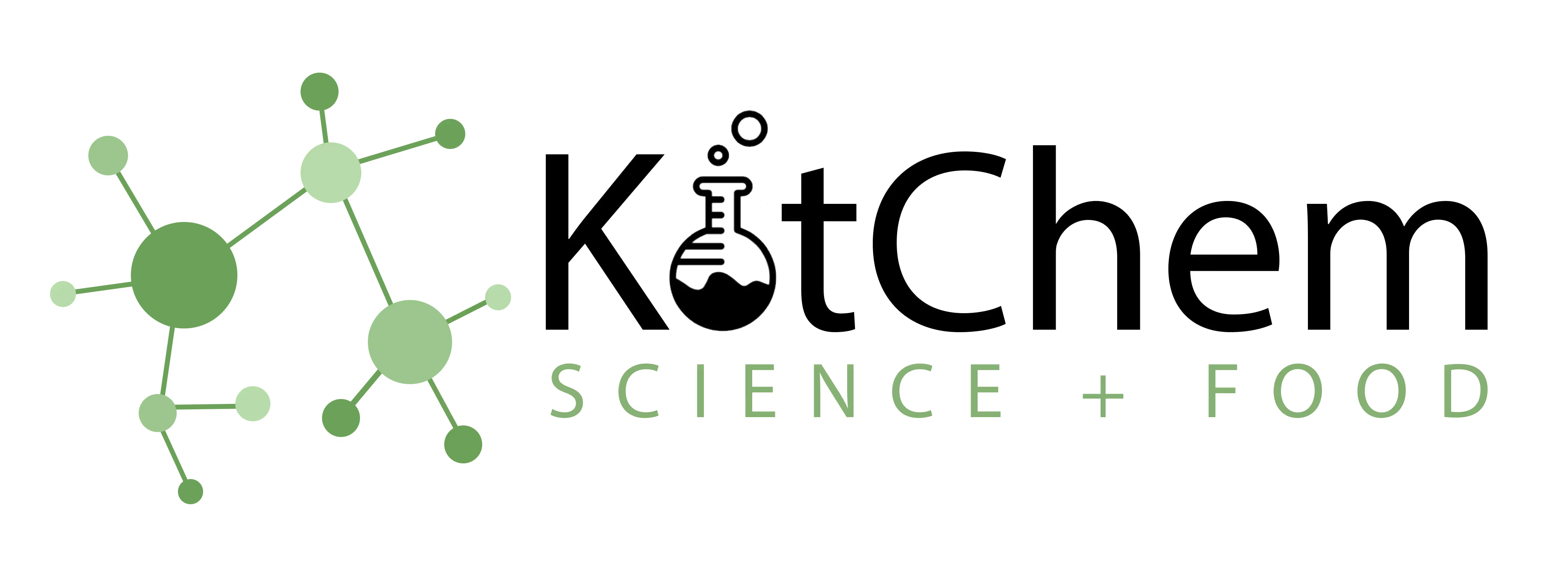Industry-Specific Food Science Solutions & Technical Expertise
Explore our expert-written guides on food, supplement, and cannabis product development, built from 20+ years of real-world experience.
Introduction
Each food industry segment presents unique technical challenges requiring specialized expertise. Generic formulation approaches often fail in complex categories like supplements, beverages, or functional foods. Different product matrices, processing requirements, stability challenges, and regulatory frameworks demand category-specific knowledge from a functional food expert. This guide explores specialized food science solutions with cross-industry innovation opportunities to accelerate your development process.
Food Scientists for Supplements
A food scientist for supplements brings unique expertise in active ingredient formulation that addresses the complex challenges of this category.
Stability enhancement represents a primary concern when working with concentrated bioactives. They employ advanced techniques like microencapsulation, antioxidant synergies, and moisture barrier systems to protect vulnerable ingredients. These specialized approaches maintain potency throughout shelf-life where standard food preservation methods often fail.
Bioavailability optimization requires deep understanding of nutrient absorption mechanisms. Techniques like liposomal delivery, enzyme activation systems, and targeted release technologies ensure active ingredients reach their intended absorption sites. These specialized formulation approaches help products deliver on efficacy claims rather than merely containing listed ingredients.
A food scientist for supplements also implements delivery system innovations that distinguish supplement development from conventional food science:
- Advanced technologies like enteric coatings for targeted intestinal delivery
- Biphasic tablets that separate incompatible ingredients
- Timed-release matrices for controlled nutrient absorption
- Custom granulation techniques that optimize dissolution profiles
When assessing ingredient interactions, a food scientist for supplements evaluates not just physical and chemical compatibility but also biological activity maintenance. Optimizing dosage forms requires balancing potency, stability, and consumer acceptance in ways unique to supplement products.
Beverage Food Scientist Expertise
Liquid formulation presents distinct challenges requiring specialized knowledge from a beverage food scientist. Unlike solid foods, beverages face unique stability issues requiring targeted technical solutions.
Suspension stability represents a primary technical challenge for many beverage innovations. A beverage food scientist employs specialized stabilizer systems, particle size modification, and density matching techniques to prevent ingredient separation. These approaches maintain product quality where standard food formulation methods often fail for liquid applications.
Sedimentation prevention requires deep understanding of colloidal systems and rheology modification. Techniques like hydrocolloid optimization, electrostatic manipulation, and structured fluid development create beverages that maintain homogeneity throughout shelf-life without compromising sensory characteristics.
A skilled beverage food scientist addresses heat stability challenges through:
- Protein structure modifications to prevent thermal aggregation
- Mineral equilibria adjustments that maintain solution clarity
- Optimized buffer systems to control pH drift during heating
- Processing parameter modifications that minimize heat exposure
When analyzing stability requirements, beverage specialists consider not just chemical stability but also physical appearance and sensory quality throughout distribution conditions. A beverage food scientist implements quality controls focused on liquid-specific attributes like Brix stability, turbidity maintenance, and color consistency that standard food testing may overlook.
Functional Food Experts
A functional food expert navigates the complex intersection of food technology, nutrition science, and consumer acceptability to deliver products with genuine health benefits.
Bioactive integration represents the core challenge in functional foods. A functional food expert employs advanced techniques like targeted encapsulation, matrix engineering, and protective emulsion systems to incorporate health-promoting ingredients without sacrificing taste or texture. These specialized approaches ensure that bioactive compounds survive processing, storage, and digestion to deliver their intended benefits.
Matrix compatibility requires deep understanding of how food structures interact with bioactive compounds. Techniques like structured delivery systems, phase management, and controlled release mechanisms allow functional ingredients to coexist with conventional food components without compromising either functionality or sensory appeal. A skilled functional food expert balances these competing priorities where standard formulation approaches often fail.
For clean label development, a functional food expert leverages:
- Natural preservation systems using synergistic antioxidants
- Fermentation metabolites that extend shelf life naturally
- Plant extracts that provide functionality without artificial additives
- Alternative ingredients derived from novel plant sources and biotechnology
Evaluating ingredient functionality goes beyond basic nutrition to assess bioavailability, interaction effects, and efficacy maintenance throughout shelf-life—considerations unique to functional food development.
Cross-Industry Technical Advantages
I'll improve this section to make the keywords more naturally occurring while maintaining all technical information. Here's the revised version:
Cross-industry innovation happens when solutions from one food category solve challenges in another. For example, the microencapsulation techniques a functional food expert develops for supplements can later protect flavor systems in baked goods. Similarly, clarification methods from beverage development often enhance liquid supplement extracts. These cross-pollinated approaches create breakthrough solutions that specialist teams might miss.
Understanding fundamental principles allows a food scientists to identify valuable technology crossovers:
- Applying tablet powder flow expertise to resolve granola production issues
- Adapting confectionery moisture barriers to protect sensitive supplement ingredients
- Using beverage emulsion technology to improve stability in cream-based products
- Transferring botanical extraction methods across multiple product categories
Quality systems provide another interdisciplinary advantage. When a beverage food scientist with pharmaceutical experience selectively implements appropriate documentation practices into food manufacturing, it ensures quality without unnecessary complexity. This broader technical perspective creates innovation advantages that category-limited approaches cannot match.
Conclusion
Industry-specific expertise enables targeted solutions for unique technical challenges in supplements, beverages, and functional foods. These food scientists bring specialized knowledge that accelerates development and prevents costly mistakes. Whether developing supplements with active ingredients, beverages with complex stability needs, or functional foods with bioactive compounds, partner with a functional food expert who understands your category's unique challenges. This specialized approach delivers more efficient development, better product performance, and greater market success.
